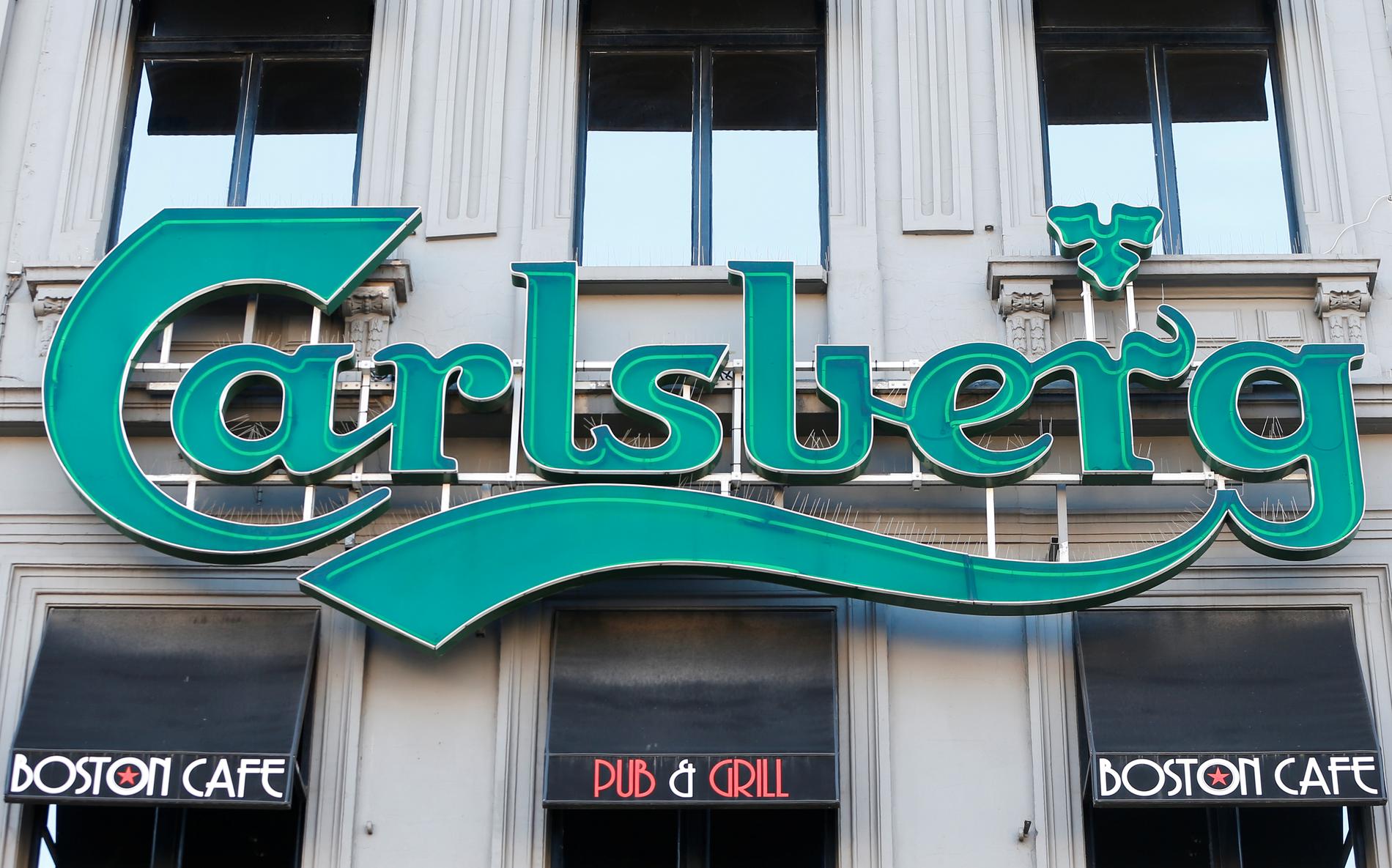Carlsberg Group, the Danish beer producer, has announced its decision to sell its Russian business, pending approval from the Russian authorities. The company revealed this development in a press release, stating that the withdrawal from Russia has been a complex process, costing over 150 million Danish kroner in investments in brewing equipment and IT infrastructure outside the country.
The transaction is currently awaiting regulatory approval, and the timeline for its completion remains uncertain. Carlsberg has not disclosed the identity of the buyer for its Russian branch.
Carlsberg’s CEO, Cees ‘t Hart, described the signing of the agreement to sell the business in Russia as a significant milestone in the intricate separation and sale process.
This move by Carlsberg comes in the wake of similar actions by other companies facing challenges in the Russian market. Recently, Mondelez, the owner of Freia, announced its intention to spin off its Russian business by the end of the year. However, there was no mention of a complete withdrawal from the country.
The decision by Mondelez to spin off its Russian business came after several Norwegian companies boycotted the company due to its inclusion on Ukraine’s “blacklist.” Elkjøp, Norwegian, and Widerøe were among the companies that halted their business with Mondelez after the Norwegian Ministry of Foreign Affairs clarified that they only adhere to the EU’s sanctions list. SAS and Strawberry are also supporting a boycott of Freia, with SAS’s press manager, Tonje Sund, affirming the airline’s loyalty to the Ukrainian list.
Carlsberg’s exit from the Russian market reflects the challenges faced by international companies operating in the country. The approval process for such transactions by the Russian authorities adds further complexity to the withdrawal process.
What challenges do international companies face when operating in the Russian market
Carlsberg Group, the Danish beer producer, has made the decision to sell its Russian business, pending approval from Russian authorities. In a press release, the company stated that the withdrawal from Russia has been a complex process and has resulted in investments of over 150 million Danish kroner in brewing equipment and IT infrastructure outside the country.
The transaction is currently awaiting regulatory approval, and the timeline for its completion is uncertain. The identity of the buyer for Carlsberg’s Russian branch has not been disclosed.
CEO Cees ‘t Hart described the signing of the agreement to sell the business in Russia as a significant milestone in the separation and sale process.
This move by Carlsberg follows similar actions by other companies encountering challenges in the Russian market. Recently, Mondelez, the owner of Freia, announced its intention to spin off its Russian business by the end of the year. However, it did not mention a complete withdrawal from the country.
Mondelez’s decision to spin off its Russian business came after several Norwegian companies boycotted the company due to its inclusion on Ukraine’s “blacklist.” Elkjøp, Norwegian, and Widerøe were among the companies that suspended their business with Mondelez after the Norwegian Ministry of Foreign Affairs clarified that they only adhere to the EU’s sanctions list. SAS and Strawberry are also supporting a boycott of Freia, with SAS’s press manager, Tonje Sund, affirming the airline’s loyalty to the Ukrainian list.
Carlsberg’s exit from the Russian market highlights the challenges faced by international companies operating in the country. The approval process for such transactions by Russian authorities adds complexity to the withdrawal process.

It’s a bold move by Carlsberg Group to withdraw from Russia pending approval. This decision showcases their commitment to compliance and adherence to regulatory requirements. Looking forward to seeing how this move impacts the company’s future strategies and market presence.